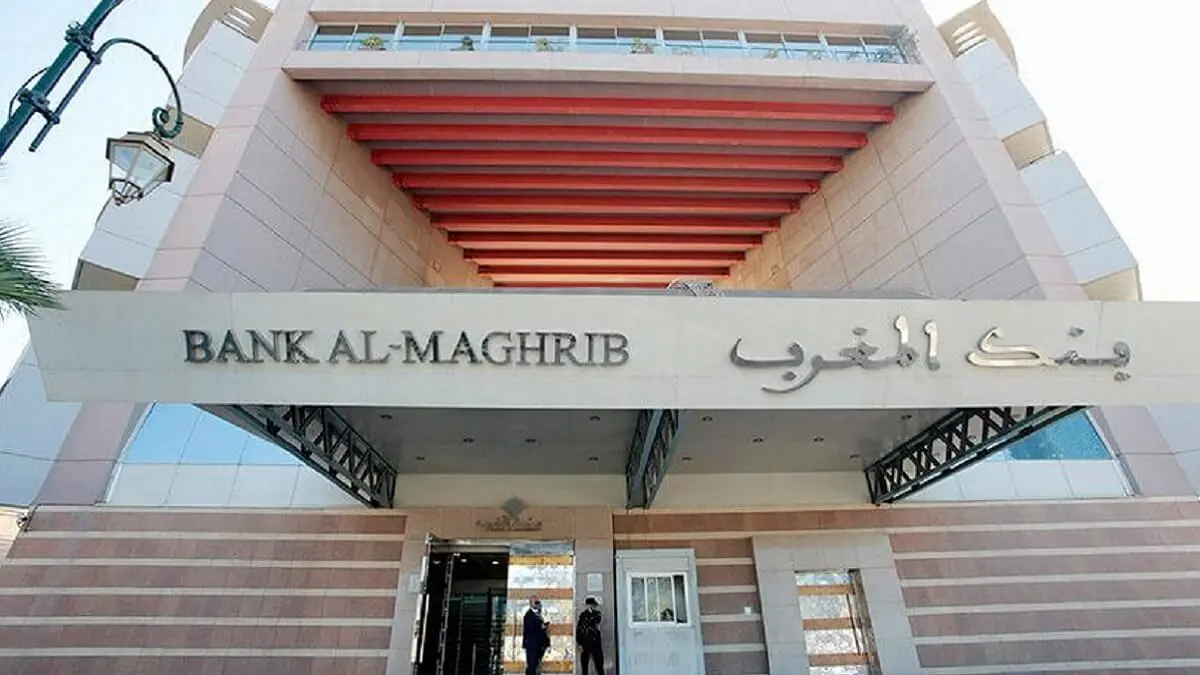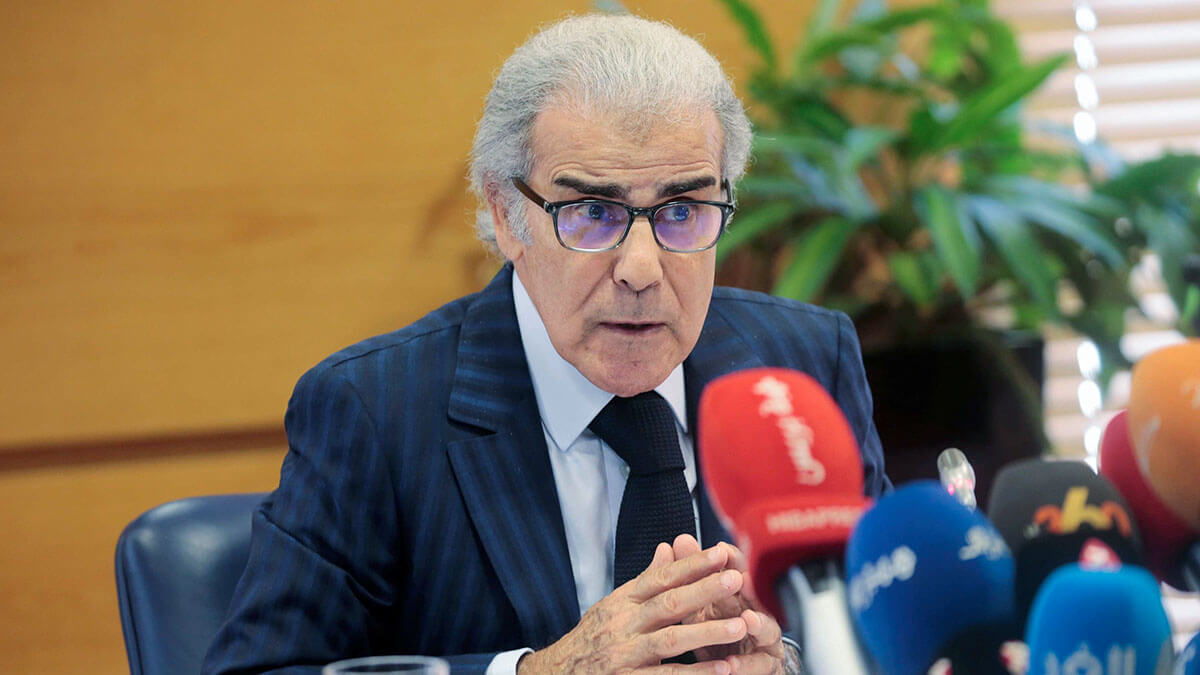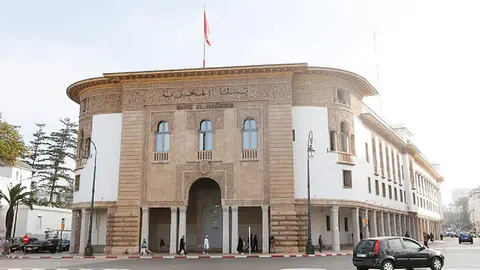Moroccan supervisory bodies support pension system reform
The banking, capital markets and insurance supervisors point to a new public-private partnership model

Bank Al-Maghrib (Central Bank of Morocco), the Moroccan Capital Market Authority (equivalent to the Spanish CNMV) and the Insurance and Social Security Supervisory Authority have issued a warning in their latest Financial Stability Report, published jointly, about the challenges facing the national pension system.
The report highlights the precarious financial situation of Morocco's main pension schemes, despite recent reforms and readjustments, which have failed to bring them to the desired financial health.
Pension systems
Morocco has several pension schemes. One of them is the Caisse Marocaine des Retraits, a Moroccan public body responsible for managing the pension schemes of Moroccan civil servants. It was created in 1930 to benefit civil servants of French nationality residing and working in Morocco, as well as their widows and orphans. In 1996, the fund was granted legal personality and financial autonomy, although it reports to the Moroccan Ministry of Economy and Finance.
On the other hand, there is the Régime de Prévoyance Sociale (RPC) and the Régime Collectif d'Allocation de Retraite (RCAR), the latter created in 1977 and managed by the Caisse Nationale de Retraites et d'Assurances, itself managed by the Caisse de Dépôt et de Gestion. It is the compulsory basic retirement scheme for non-tenured employees of the State and local authorities and for the staff of public establishments under the financial supervision of the State.
According to the supervisors' report, all these entities are in financial difficulties. Although recent salary adjustments could slightly prolong the life of these pension reserves, their long-term stability is not guaranteed.
In particular, the supervisors note in the report that "in the pension sector, the financial situation of the main core schemes remains difficult. The implementation of the resolutions on salaries adopted at the last social dialogue (29 April 2024) would slightly delay the date of depletion of the reserves of the CMR-RPC and RCAR schemes, without ensuring their long-term sustainability. For the general CNSS scheme, the reduction of the minimum pensionable contribution period from 3,240 to 1,320 days will bring forward by a few years the emergence of the overall deficit of the scheme and the depletion of its reserves".
Public-private system
The report by the banking, market and insurance supervisors stresses the need for a thorough reform of the pension system, through the creation of a dual public-private system, as part of a broader strategy to address the liabilities of the past and ensure long-term sustainability.

According to the report, "the implementation of the systemic reform of this sector, through the introduction of the two-tier (public-private) system, the strategic orientations of which were also decided in the above-mentioned social dialogue agreement, is imperative. This reform should allow the introduction of a pricing system for pension schemes capable of absorbing a large part of their previous uncovered liabilities".
The supervisors add that these reforms are crucial to stabilise the pension system and secure future benefits, and stress that the implementation of these changes will be essential to maintain the financial health of Moroccan pension schemes and meet future liabilities.
In their view, immediate measures can provide temporary relief, but substantial reform is needed to address the structural challenges facing Morocco's pension sector.









